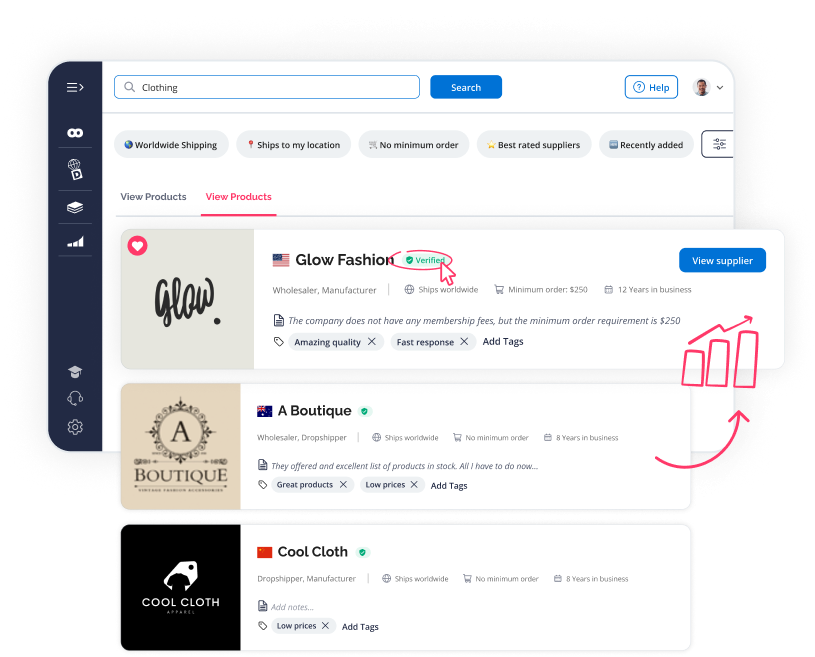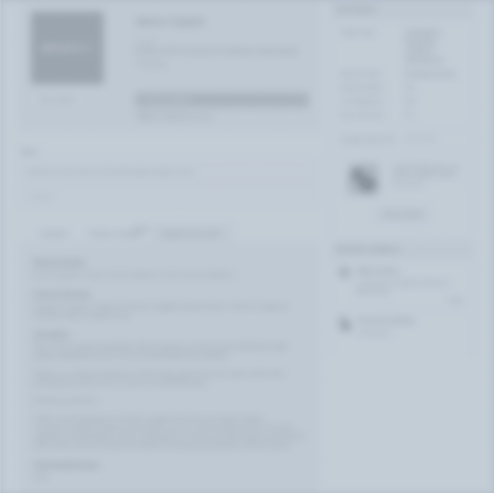Wholesale Plates for Ecommerce Sellers
Elevate your dining experience with our exquisite range of plates, designed to cater to every culinary occasion—from casual gatherings to elegant soirées. When sourcing suppliers, prioritize options that offer a variety of materials, such as porcelain for classic aesthetics, melamine for durability, or handmade ceramics for a unique touch. Remember to assess not only the quality and craftsmanship but also the supplier's ability to meet your specific design and volume requirements to ensure a seamless addition to your offerings

Here’s a selection of suppliers waiting for your call
Wholesale Supplier
 Verified
Verified
 Join to contact this supplier
Join to contact this supplier
 No Minimum Order
No Minimum Order
 27 Years in SaleHoo
27 Years in SaleHoo
Products stocked
About
Manufacturer Supplier
 Verified
Verified
 Join to contact this supplier
Join to contact this supplier
 No Minimum Order
No Minimum Order
 1 Years in SaleHoo
1 Years in SaleHoo
Products stocked
About
Manufacturer Supplier
 Verified
Verified
 Join to contact this supplier
Join to contact this supplier
 No Minimum Order
No Minimum Order
 1 Years in SaleHoo
1 Years in SaleHoo
Products stocked
About
Manufacturer Supplier
 Verified
Verified
 Join to contact this supplier
Join to contact this supplier
 No Minimum Order
No Minimum Order
 1 Years in SaleHoo
1 Years in SaleHoo
Products stocked
About
Manufacturer Supplier
 Verified
Verified
 Join to contact this supplier
Join to contact this supplier
 No Minimum Order
No Minimum Order
 13 Years in SaleHoo
13 Years in SaleHoo
Products stocked
About
Manufacturer Supplier
 Verified
Verified
 Join to contact this supplier
Join to contact this supplier
 Ships worldwide
Ships worldwide
 No Minimum Order
No Minimum Order
 8 Years in SaleHoo
8 Years in SaleHoo
Products stocked
About
Manufacturer Supplier
 Verified
Verified
 Join to contact this supplier
Join to contact this supplier
 No Minimum Order
No Minimum Order
 16 Years in SaleHoo
16 Years in SaleHoo
Products stocked
About
Manufacturer Supplier
 Verified
Verified
 Join to contact this supplier
Join to contact this supplier
 No Minimum Order
No Minimum Order
 9 Years in SaleHoo
9 Years in SaleHoo
Products stocked
About
Manufacturer Supplier
 Verified
Verified
 Join to contact this supplier
Join to contact this supplier
 No Minimum Order
No Minimum Order
 5 Years in SaleHoo
5 Years in SaleHoo
Products stocked
About
Wholesale Supplier
 Verified
Verified
 Join to contact this supplier
Join to contact this supplier
 No Minimum Order
No Minimum Order
 3 Years in SaleHoo
3 Years in SaleHoo
Products stocked
About
Other product suppliers available...
Trusted by 137,000+ entrepreneurs worldwide

7-day trial today
suppliers in the USA and internationally.
Frequently Asked Questions
Plates are commonly made from materials such as ceramic, melamine, glass, and stainless steel. Each material varies in durability, with stainless steel being the most robust, while ceramic offers aesthetic appeal but can be more prone to chipping.
Suppliers should have certifications such as FDA approval for food safety, as well as compliance with standards like ASTM or ISO. These certifications ensure that the materials used are non-toxic and safe for food contact.
Minimum order quantities can vary widely by supplier, ranging from 50 to over 1,000 units depending on the manufacturer and material. It's essential to negotiate MOQs based on your budget and sales forecasts.
Request detailed product samples and production specifications before placing a bulk order, along with a clear production timeline. Establishing a strong communication line with the supplier during the manufacturing process can help monitor consistency.
Consider factors such as shipping costs, customs duties, and potential damage during transit, given the fragility of plates. It's advisable to work with suppliers experienced in exporting goods and to choose appropriate packaging solutions to minimize risk.


